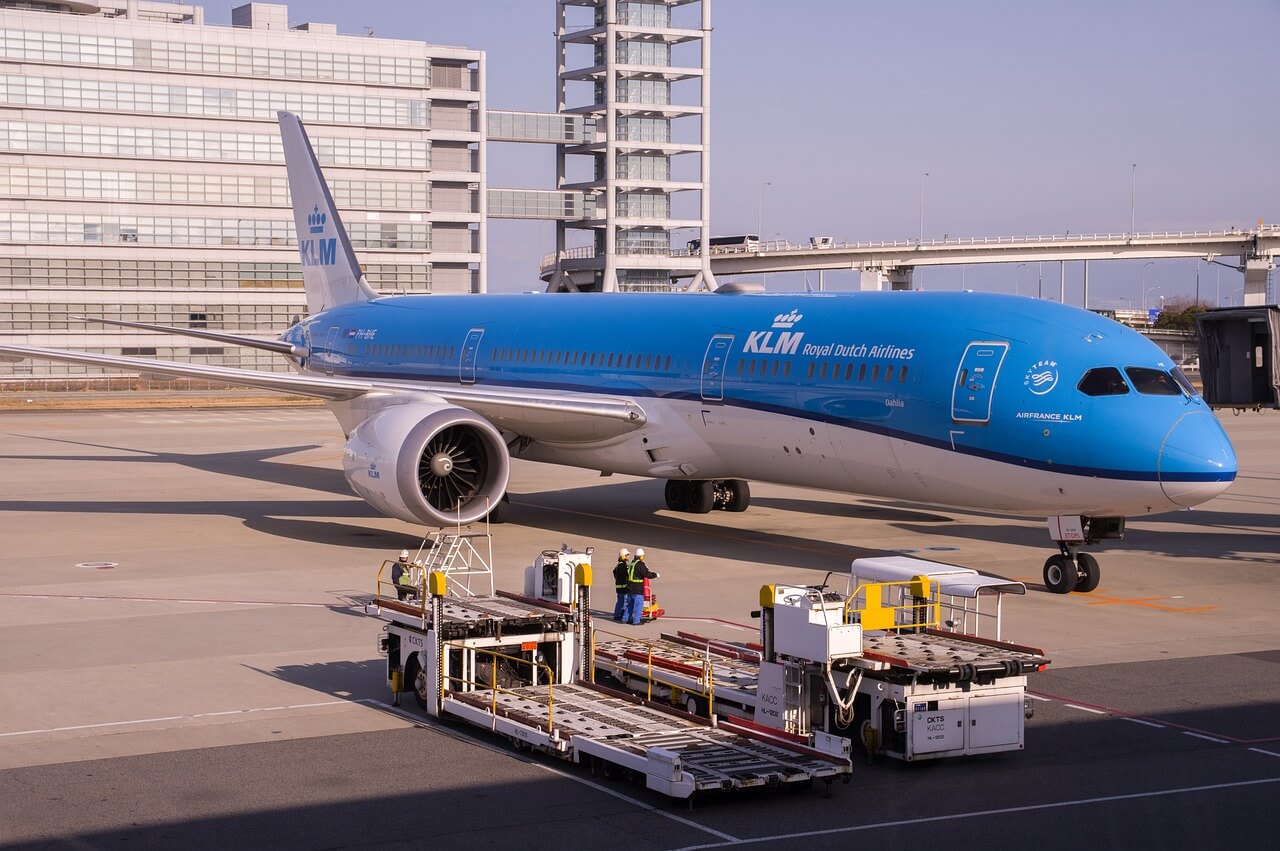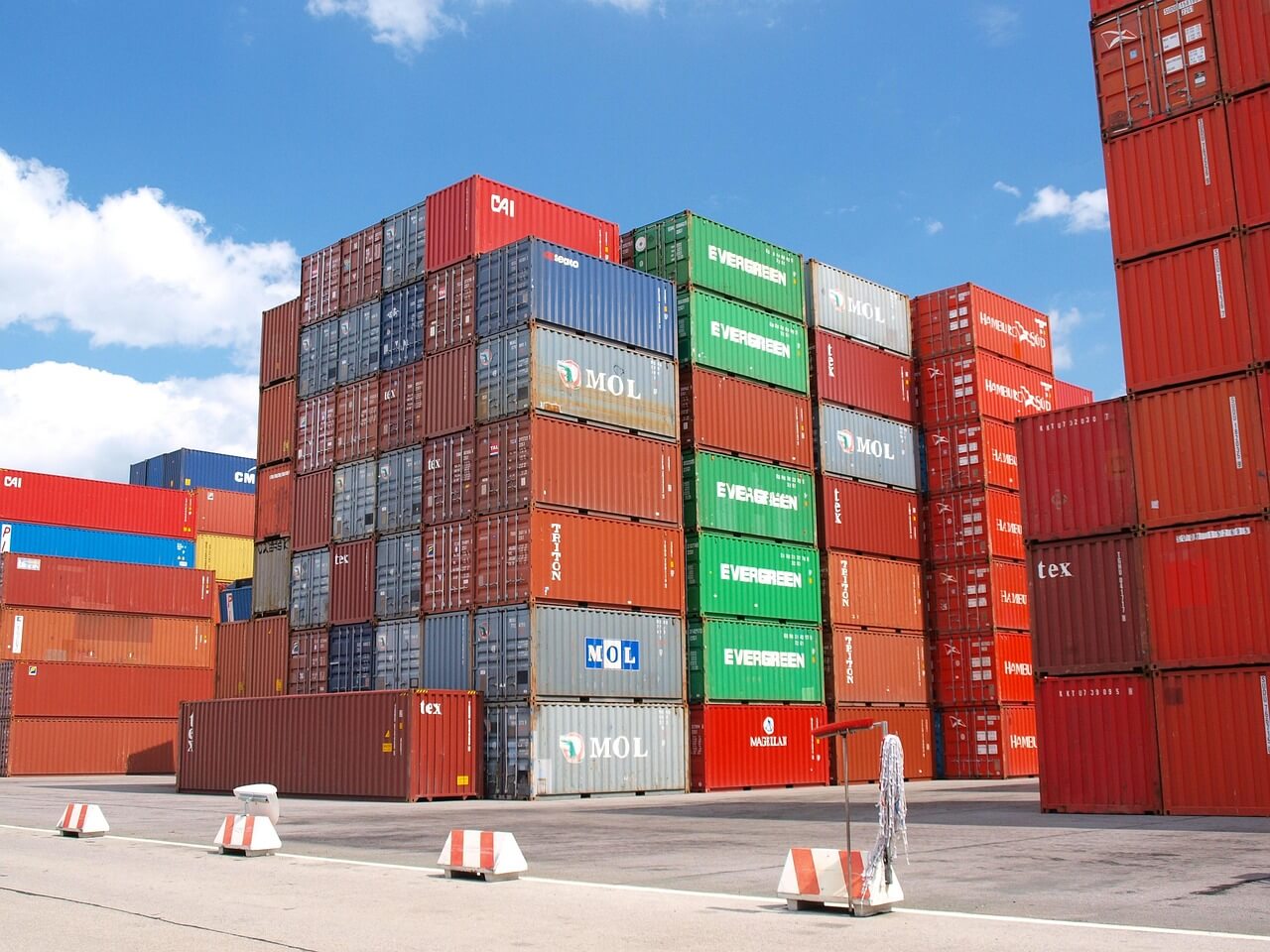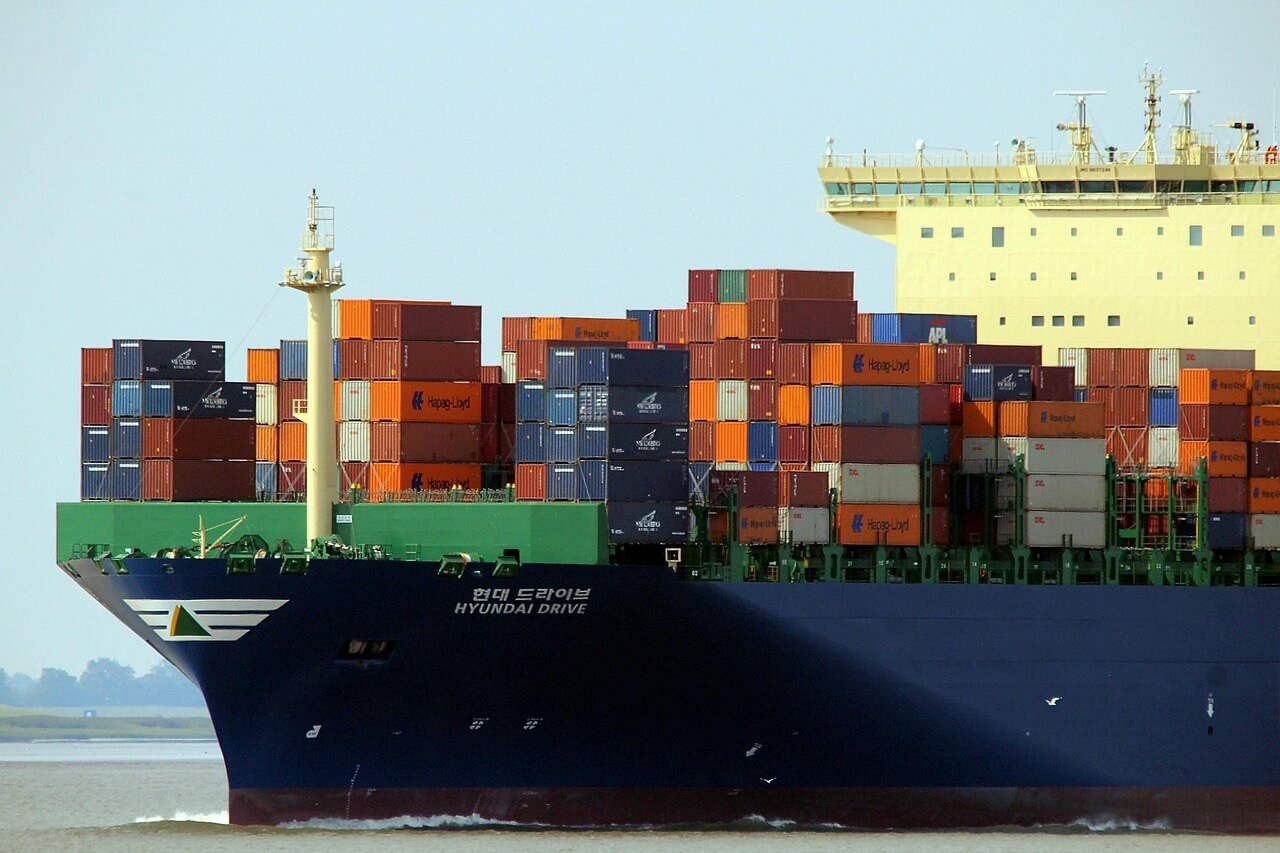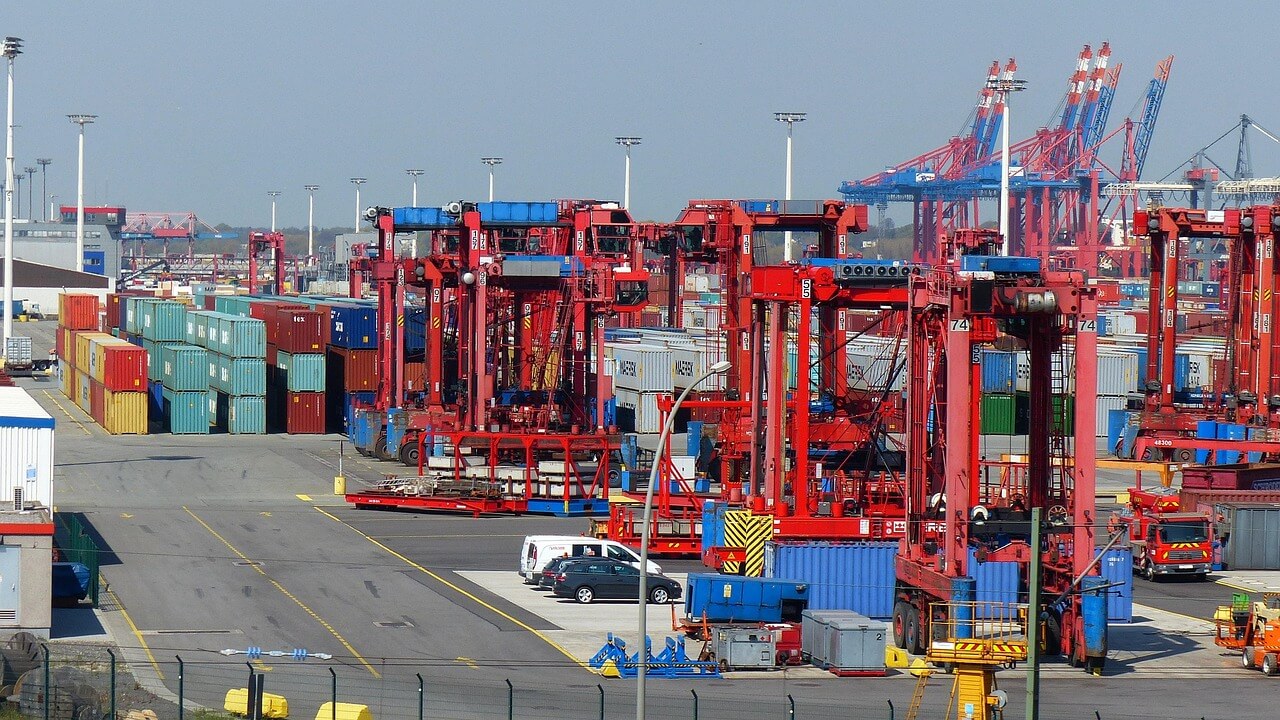
28
Apr
How to deal with unexpected situations in Qatar freight forwarding import and export, and how to han
Title: Navigating Unexpected Situations in Freight Forwarding for Qatar's Imports and Exports
In the realm of international trade, Qatar's Freight Forwarders encounter various challenges, particularly when dealing with unexpected events that can affect the speed and cost of transporting goods. To effectively manage these situations, it's crucial to have a clear strategy in place that encompasses risk mitigation, proactive communication, and flexible decision-making. Here are key steps to address the challenges of unforeseen circumstances in terms of freight and express delivery costs for Qatar's import and export trade:
1. Establishing a Risk Management Framework: It is imperative to have a risk assessment mechanism in place to identify potential challenges, such as political instability, natural disasters, port congestion, and transportation delays that can affect import and export activities. By regularly evaluating these risks, freight forwarders can anticipate and prepare for potential delays or cost overruns.
2. Proactive Communication with Stakeholders: Effective communication with suppliers, carriers, customs authorities, and other stakeholders is critical. Staying updated on changes that can affect shipping routes or schedules can help mitigate the impact of unexpected events. Regular updates on market conditions and proactive discussions with partners can help identify solutions before they become major issues.
3. Diversification of Shipping Routes and Options: Diversifying shipping routes and exploring alternative modes of transportation can help mitigate risks associated with unexpected events. For instance, instead of relying solely on one port for imports or exports, freight forwarders can explore using other ports or inland transportation options to circumvent delays or bottlenecks.
4. Incorporating Insurance Coverage: Purchasing insurance for cargo shipments is a vital component of risk management. This insurance can cover losses due to natural disasters, accidents, theft, and other unforeseen circumstances that could affect the goods in transit. By having insurance in place, freight forwarders can ensure financial protection against unexpected costs.
5. Leveraging Technology for Real-Time Tracking: Utilizing advanced technology tools for real-time tracking of shipments can help identify potential delays or issues before they become major problems. With real-time tracking, freight forwarders can quickly identify bottlenecks in the supply chain and take proactive measures to circumvent them or mitigate their impact on delivery times and costs.
6. Developing a Crisis Management Plan: A comprehensive crisis management plan should be in place to address any severe or unexpected events that could impact freight forwarding operations. This plan should include procedures for rapid response, decision-making under pressure, alternate routes planning, and crisis communication with stakeholders.
In conclusion, effective management of unexpected situations in Qatar's import and export freight forwarding requires a proactive approach that encompasses risk mitigation, proactive communication, diversification strategies, insurance coverage, technology utilization, and a robust crisis management plan. By staying vigilant and adapting to changing market conditions, freight forwarders can navigate through unpredictable scenarios to ensure smooth operations and cost-effective delivery of goods.
In the realm of international trade, Qatar's Freight Forwarders encounter various challenges, particularly when dealing with unexpected events that can affect the speed and cost of transporting goods. To effectively manage these situations, it's crucial to have a clear strategy in place that encompasses risk mitigation, proactive communication, and flexible decision-making. Here are key steps to address the challenges of unforeseen circumstances in terms of freight and express delivery costs for Qatar's import and export trade:
1. Establishing a Risk Management Framework: It is imperative to have a risk assessment mechanism in place to identify potential challenges, such as political instability, natural disasters, port congestion, and transportation delays that can affect import and export activities. By regularly evaluating these risks, freight forwarders can anticipate and prepare for potential delays or cost overruns.
2. Proactive Communication with Stakeholders: Effective communication with suppliers, carriers, customs authorities, and other stakeholders is critical. Staying updated on changes that can affect shipping routes or schedules can help mitigate the impact of unexpected events. Regular updates on market conditions and proactive discussions with partners can help identify solutions before they become major issues.
3. Diversification of Shipping Routes and Options: Diversifying shipping routes and exploring alternative modes of transportation can help mitigate risks associated with unexpected events. For instance, instead of relying solely on one port for imports or exports, freight forwarders can explore using other ports or inland transportation options to circumvent delays or bottlenecks.
4. Incorporating Insurance Coverage: Purchasing insurance for cargo shipments is a vital component of risk management. This insurance can cover losses due to natural disasters, accidents, theft, and other unforeseen circumstances that could affect the goods in transit. By having insurance in place, freight forwarders can ensure financial protection against unexpected costs.
5. Leveraging Technology for Real-Time Tracking: Utilizing advanced technology tools for real-time tracking of shipments can help identify potential delays or issues before they become major problems. With real-time tracking, freight forwarders can quickly identify bottlenecks in the supply chain and take proactive measures to circumvent them or mitigate their impact on delivery times and costs.
6. Developing a Crisis Management Plan: A comprehensive crisis management plan should be in place to address any severe or unexpected events that could impact freight forwarding operations. This plan should include procedures for rapid response, decision-making under pressure, alternate routes planning, and crisis communication with stakeholders.
In conclusion, effective management of unexpected situations in Qatar's import and export freight forwarding requires a proactive approach that encompasses risk mitigation, proactive communication, diversification strategies, insurance coverage, technology utilization, and a robust crisis management plan. By staying vigilant and adapting to changing market conditions, freight forwarders can navigate through unpredictable scenarios to ensure smooth operations and cost-effective delivery of goods.
LEAVE YOUR COMMENT
categories
recentpost
-
 How can freight forwarders achieve efficient logistics and shipping from China to Tanzania?Apr 30,2025
How can freight forwarders achieve efficient logistics and shipping from China to Tanzania?Apr 30,2025 -
 What are the guarantee measures for transportation and transaction services from China to the UnitedApr 30,2025
What are the guarantee measures for transportation and transaction services from China to the UnitedApr 30,2025 -
 How is the international freight delivery service for transporting goods to Saudi Arabia?Apr 30,2025
How is the international freight delivery service for transporting goods to Saudi Arabia?Apr 30,2025 -
 What is the delivery time for international freight from China to Kenya?Apr 30,2025
What is the delivery time for international freight from China to Kenya?Apr 30,2025 -
 What is the customs clearance process for global land transportation from China to the United Arab EApr 30,2025
What is the customs clearance process for global land transportation from China to the United Arab EApr 30,2025 -
 Shipping Guide from China to Qatar: How to Calculate LCL Shipping Cost?Apr 30,2025
Shipping Guide from China to Qatar: How to Calculate LCL Shipping Cost?Apr 30,2025

